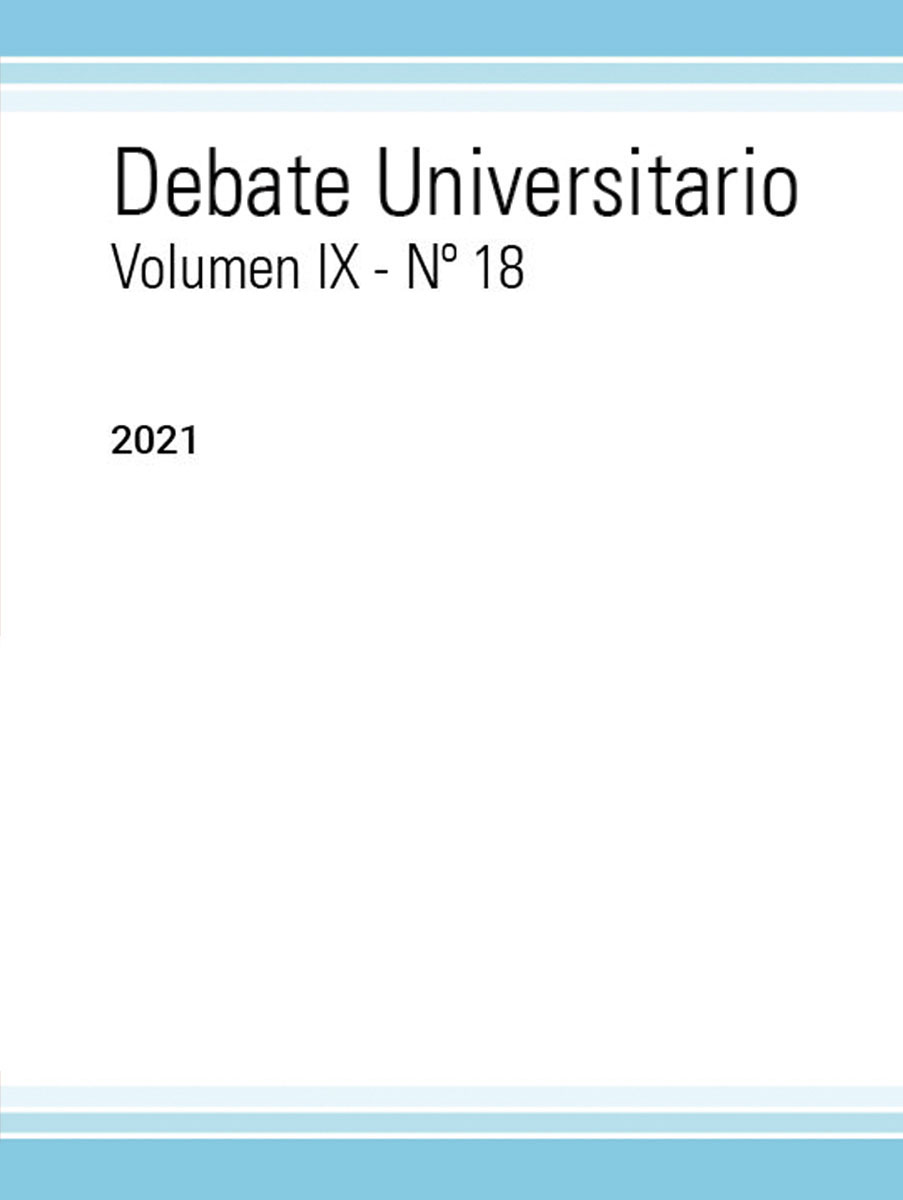Acreditación de Postgrado 1990-2020.Comparación del Sistema de Educación Superior-Postgrado de Argentina y Chile
DOI:
https://doi.org/10.59471/debate202136Palabras clave:
Acreditación, Posgrados en Argentina y ChileResumen
La expansión del postgrado, influenciada en una primera fase por el aumento de la cobertura de la educación secundaria, desde la segunda mitad del siglo veinte, y de la educación superior desde la década de 1980, en un contexto de liberalización del sistema universitario en Argentina y en Chile, contribuyó a un crecimiento “desregulado” de la oferta de programas de cuarto nivel. En esta reseña se describe brevemente el desarrollo del postgrado en Argentina y Chile, desde el retorno a la democracia y las reformas a los respectivos sistemas de educación superior, la preocupación por la calidad, los intentos de proto-agencias responsables de la evaluación y acreditación de programas e instituciones, y los principales atributos del proceso de acreditación de postgrado de ambos sistemas. Las similitudes del desarrollo del postgrado, abstrayéndose del tamaño de ambos sistemas, muestran un trayecto similar, un agente externo promotor de políticas, oferta creciente de programas y la obligatoriedad de la acreditación de postgrados universal en Argentina, a lo que Chile comenzaría a converger con la total implementación de su Ley sobre educación superior publicada en 2018
Descargas
Descargas
Publicado
Número
Sección
Licencia
Derechos de autor 2021 José Manuel Gaete Martínez (Autor/a)

Esta obra está bajo una licencia internacional Creative Commons Atribución 4.0.










